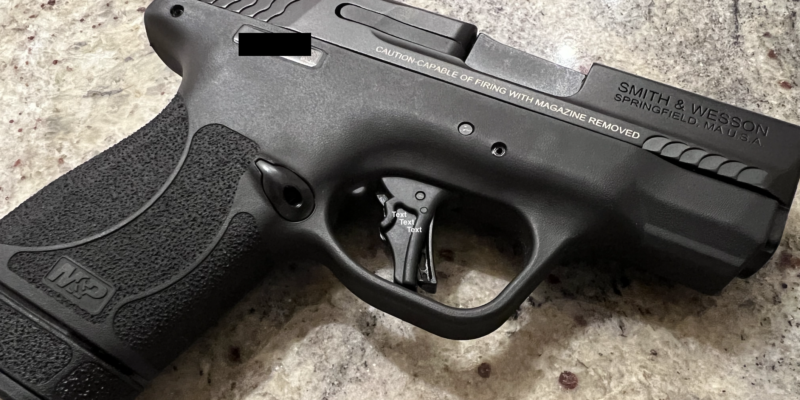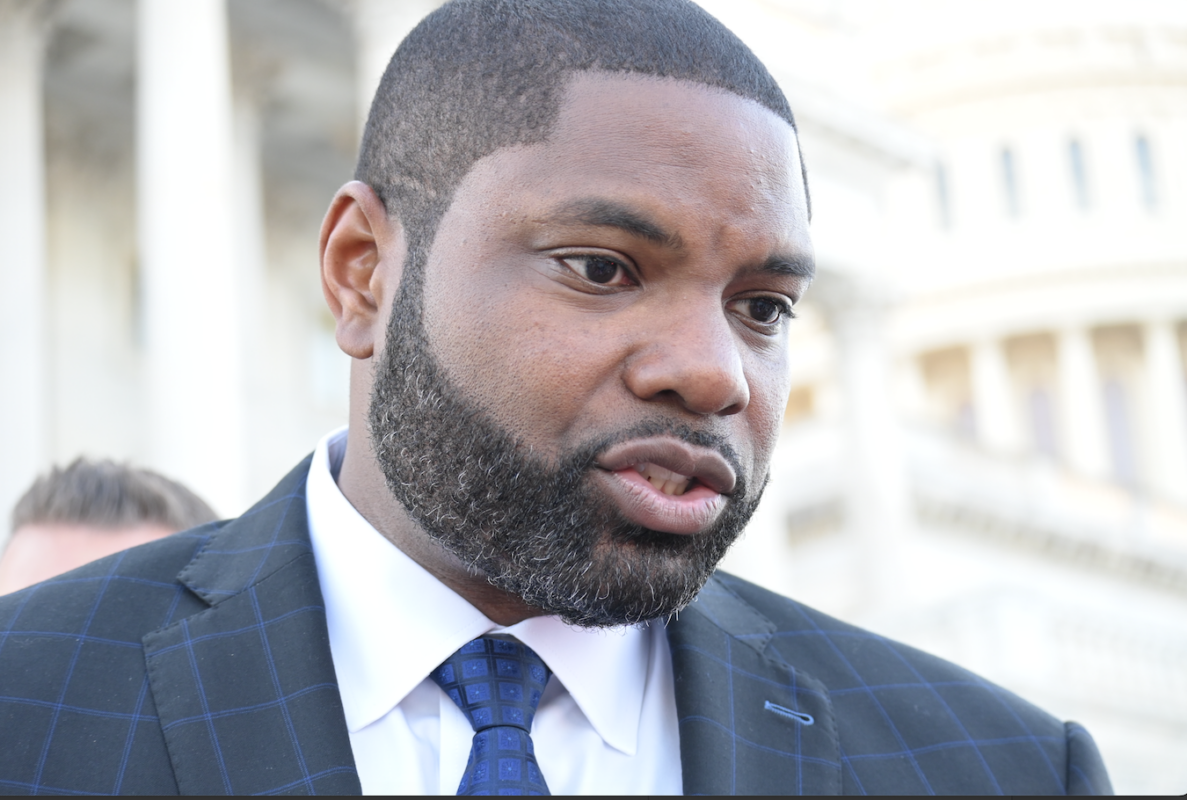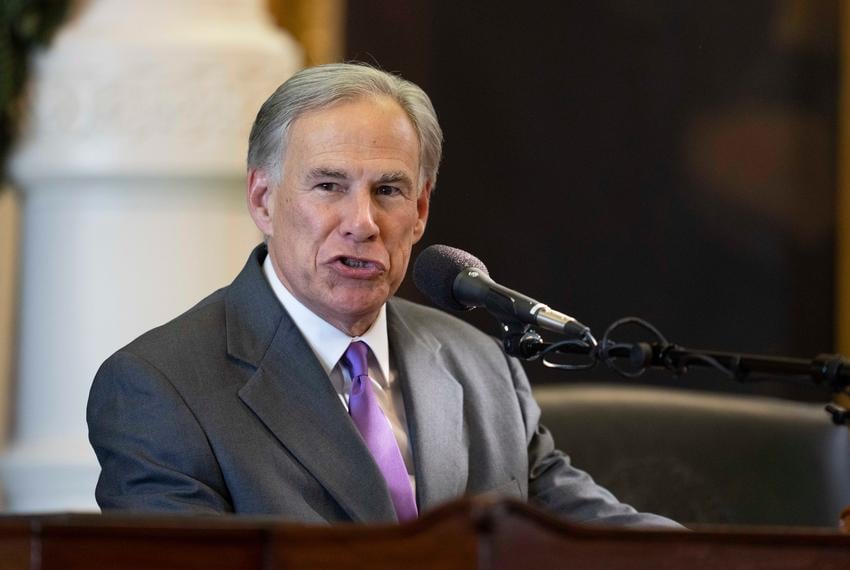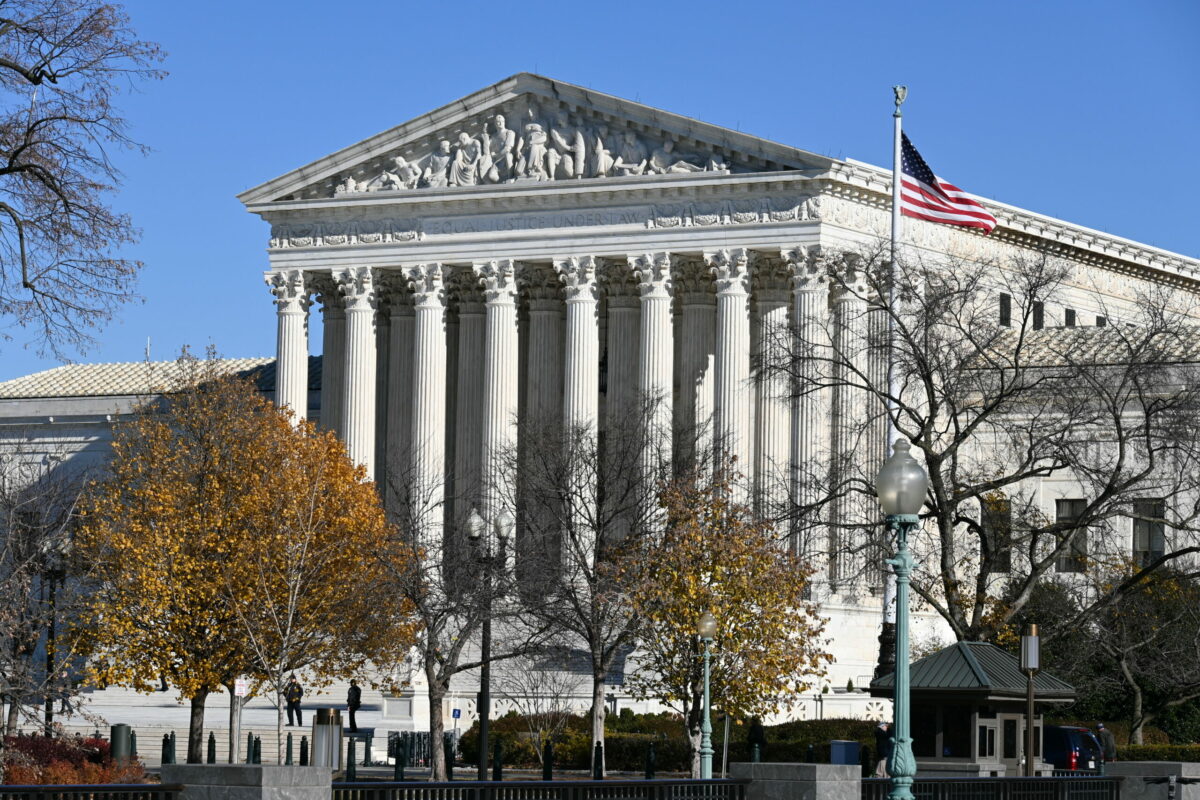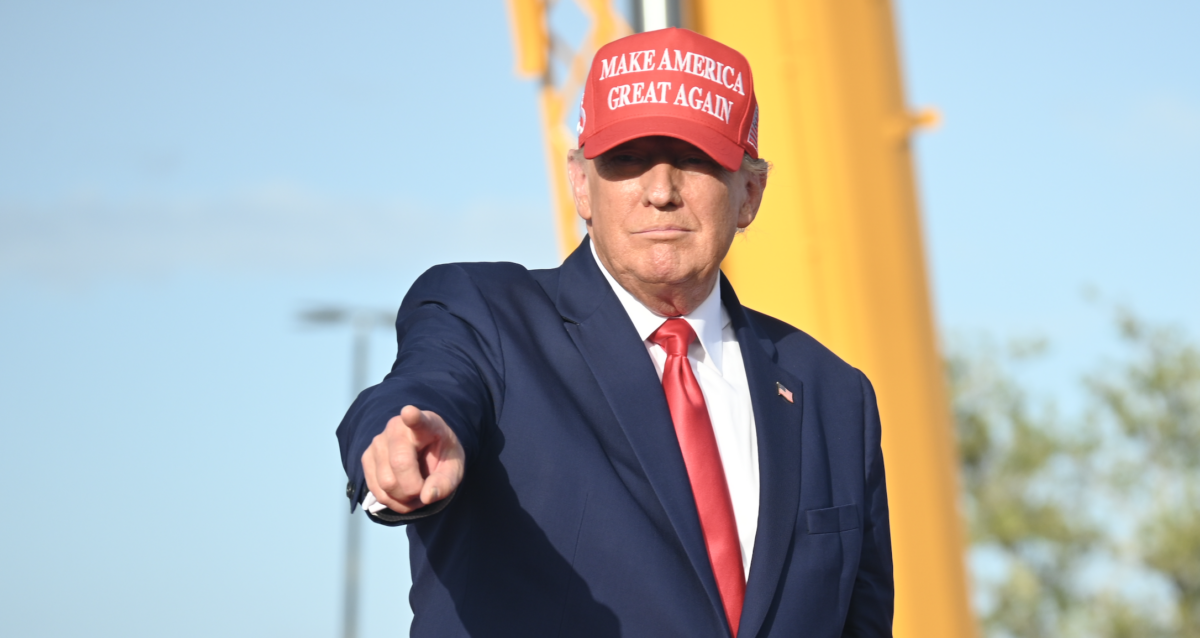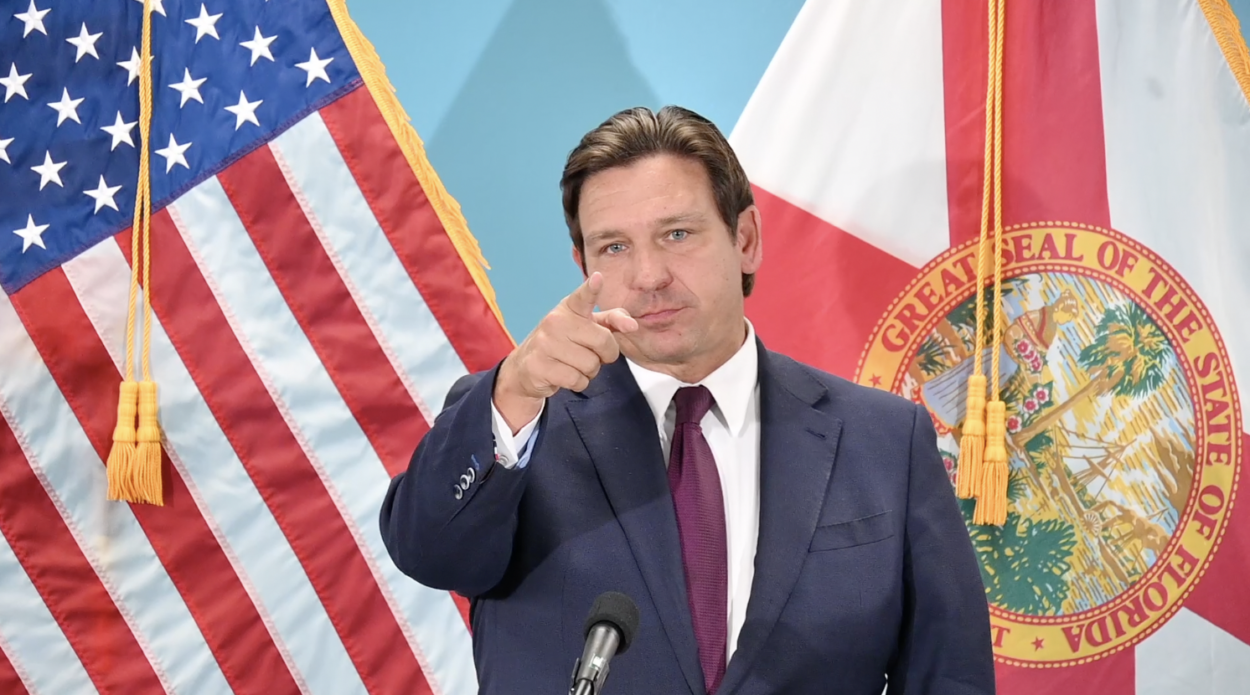TALLAHASSEE—For the third year in a row, the Florida House passed a bill lowering the gun-buying age to 18, reversing a law passed in the wake of the state's deadliest school shooting, even though the Senate has yet to schedule the bill for a hearing.
This is the third time the state House has passed a measure reversing the Parkland-era law, and it will be the third time the Senate blocks the measure if it doesn't see a committee hearing by next week. The bill, HB 759, follows Gov. Ron DeSantis urging lawmakers to expand the breadth of the Second Amendment by lowering the age to purchase a long gun to 18, which is what it was before the Marjory Stoneman Douglas High School shooting in 2018.
"This bill is about the right to defend yourself," said bill sponsor Rep. Michelle Salzman, a Republican, on the House Floor Wednesday. "The right to keep and bear arms, the right to a well-armed militia. That's what it's about for me—it's not about the tragedies."
The Florida Legislature passed the Marjory Stoneman Douglas Public Safety Act weeks after the Valentine's Day massacre in South Florida, where 19-year-old Nikolas Cruz opened fire with his legally purchased AR-15, killing 14 students and three staff. The sweeping Act increased school security, raised the long gun purchasing age to 21—except for active service members—and created red flag laws allowing courts to temporarily seize the firearms of those deemed to be a threat.
This swift bipartisan action has stuck with Florida Democrats, who blasted the bill as a "slap in the face" to the Parkland families, especially considering the companion bill in the Senate hasn't moved.
"This is the third time I've stood up to rail against this bill for no reason," said Democrat Rep. Dan Daley, a Marjory Stoneman Douglas High School alum. "It's not moving on the Senate side...and yet we do this year after year after year. We rip the wounds off of those in my community, so we can stand up here and hug the flag."
The House has tried to overturn the Parkland-era age restriction three years in a row, but it's never been heard in the Senate. While three Senate bills dealing with lowering the purchasing age have been filed this session, it's unclear if 2025 will be the measure's year.
And though Republican House Speaker Danny Perez is hopeful, telling reporters on Wednesday that it's "premature" to assume the Senate bills are dead, Republican Senate President Ben Albritton has been reticent on the subject.
“This is not easy,” he said during a press avail last week, maintaining that he still hasn’t decided on supporting or opposing lowering the purchasing age. He told reporters that he and his wife went to the high school after the tragedy, and later met the parents of 15-year-old Luke Hoyer, one of the Parkland victims.
Albritton's internal debate is mirrored statewide, as Second Amendment activists claim Florida's gun-age restriction is unconstitutional. But earlier this month, the 11th Circuit Court of Appeals in an 8-4 decision upheld a three-judge panel's 2023 ruling that the purchasing age is legal. They outlined the history of the nation’s gun laws, noting that “the Florida law is consistent with our regulatory tradition in why and how it burdens the right of minors to keep and bear arms."
This decision bucked the National Rifle Association, which has challenged the law since its 2018 inception. But the continued debate, even after the appeals decision, is setting the stage for a U.S. Supreme Court showdown—one that Attorney General James Uthmeier announced that he would not be a part of.
"If the NRA decides to seek further review at SCOTUS, I am directing my office not to defend this law,” he posted on social media, diverging from former Attorney General and current U.S. Senator Ashley Moody.
HB 759 passed in a 78 to 34 vote. Joining Democrats in opposition, Republican Reps. Chip LaMarca and Vicki Lopez were "no" votes. So were Reps. Hillary Cassel and Susan Valdes, both of whom switched their party affiliation from Democrat to Republican before the 2025 session.

